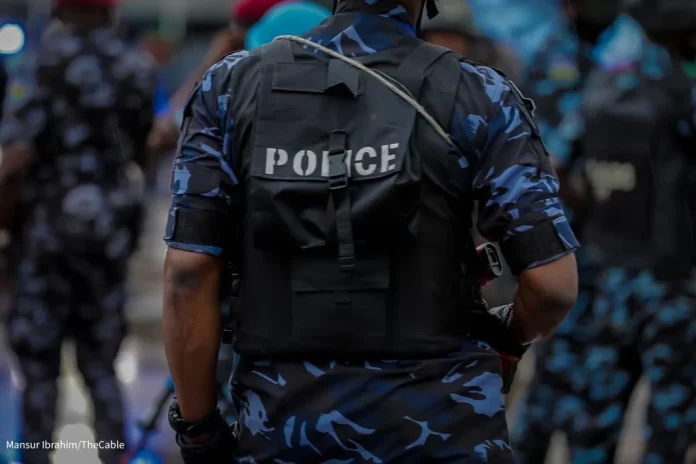There is a subtle but positive revolution in the Nigeria Police Force FCT Command that needs to be placed on the front burner. The Monitoring and Mentoring Unit of the Commissioner’s office has created a disruptive strategy to reposition the police force and thus endear the people to a Force that many Nigerians hitherto disdained. Before now, what we mostly knew about the police was the monitoring unit which we usually ascribed as the ‘hitman’ arm of the commissioner’s office. But there seems a new vision and concept that would clear this perennial misconception if holistically sustained and that is the “Mentoring” in the monitoring unit. Astonishingly, I had a first-hand experience of the efficiency of the Command’s “mentoring’ services. Nigerian police Force is fast replacing the symbol of threat with floral branch of communality.
A few weeks ago, I was invited by the Commissioner of Police, FCT Bennett Igweh through the Monitoring and Mentoring Unit MMU of his office over a petition filed by a government functionary against our organisation. My organisation has written an FOI letter requesting clarification of certain allegations against the government’s officer. We did not have all the information regarding the allegations and thus we leveraged the Freedom of Information Act and enquired about the allegations made.
We felt that for us to get the proof we were looking for; we would need to extend a strongly worded letter of enquiry to the public officer, and we did.
Anyways, the letter in question is not the crux of this writing, but the unknown or better still, the un-hyped virtue of the Nigeria police “mentoring” services.
So, when that call came, the caller said he was calling from the Commissioner’s Monitoring and Mentoring Unit. What immediately stuck with me was the word “Mentoring” and I teased the caller “Did you mention mentoring”. He said yes. And I quizzed again. “Does Nigerian Police mentor? A rather mischievous question, you’d say!
The caller was civil and specific. He told me the call was related to a petition from someone my organisation had written to. It was not in the usual hush tone, neither was it the usual response laden with the threat of “when you come, you will be told”.
On arrival, there was absolute civility. I started the discussion. “Did you say mentoring in your call?” I curiously quizzed again. The gentleman answered in the affirmative and explained that the unit was not only about inviting, and arresting, it also offers mentoring and reconciliatory support services to the public. I was taken aback because, in the history of the force, we have been wired to think that the Nigeria police is synonymous with threat, brutality and coercion.
While the discussion lasted, I was offered a table of water. Each visitor was given one also. In all my experiences with Nigerian police, I have not witnessed that level of civility and professional conduct.
During an interface with the Commissioner and the petitioner, the commissioner made it clear that I was right to ask the questions I did, but that our organisation rather went far with the tone of my letter. He described the ‘enquiry’ as rather a verdict and asked how I would feel if someone wrote to me in such a tone. I was enthused at the counsel and frankly, my flaming ego began to melt. Reconciliatory steps were initiated, and counselling was given. This is what police should stand for and this is the level of professionalism that needs to be heard of. Of a truth, the Nigeria police force can evolve with the right vision and leadership.
Light I. Shedrack is a good governance and self-reliance advocate.







